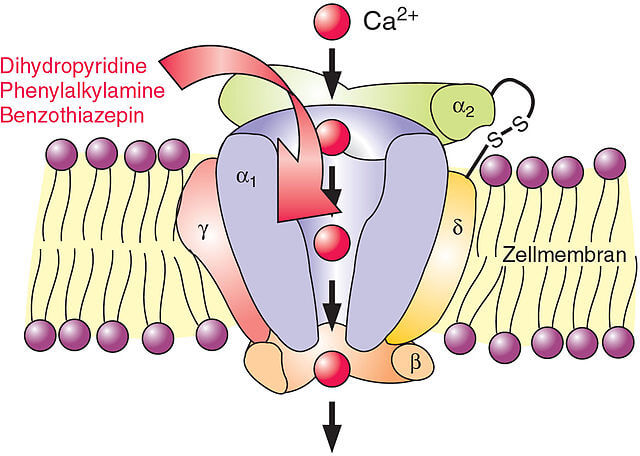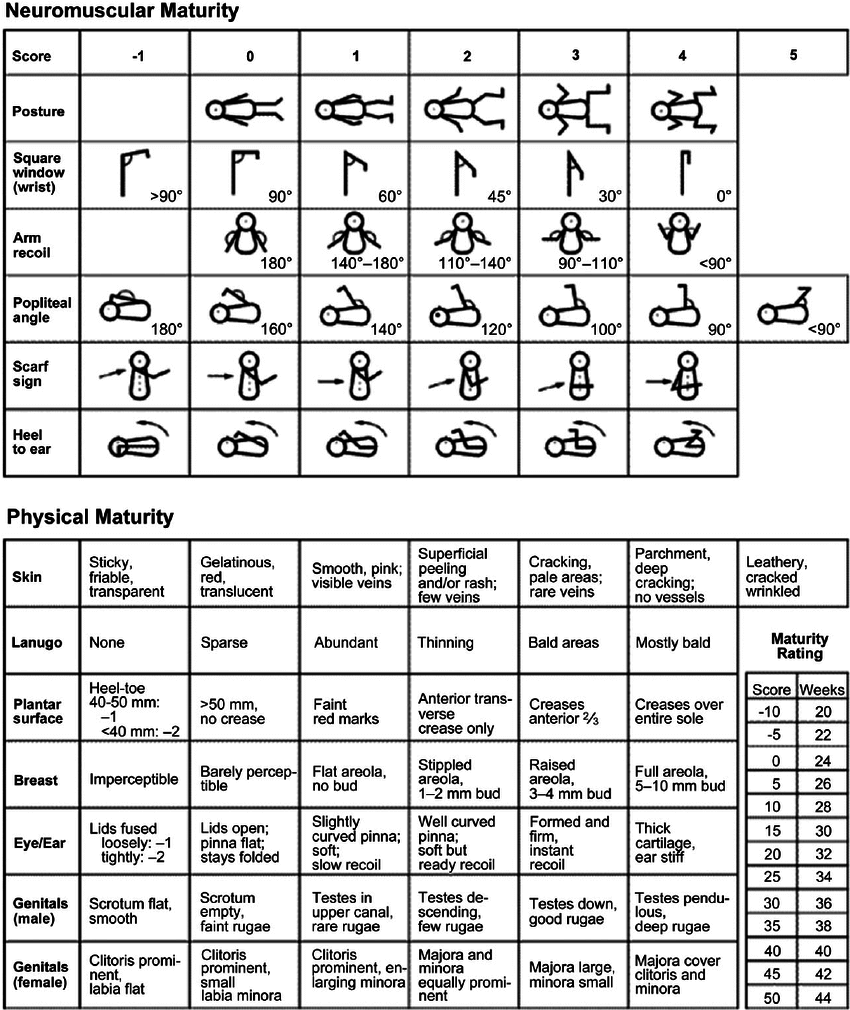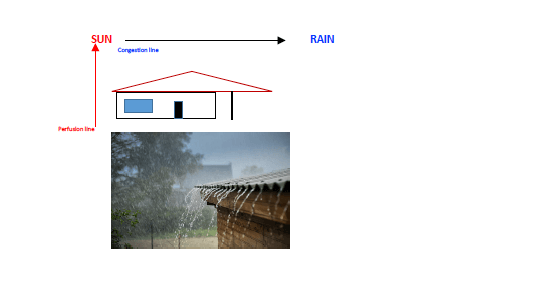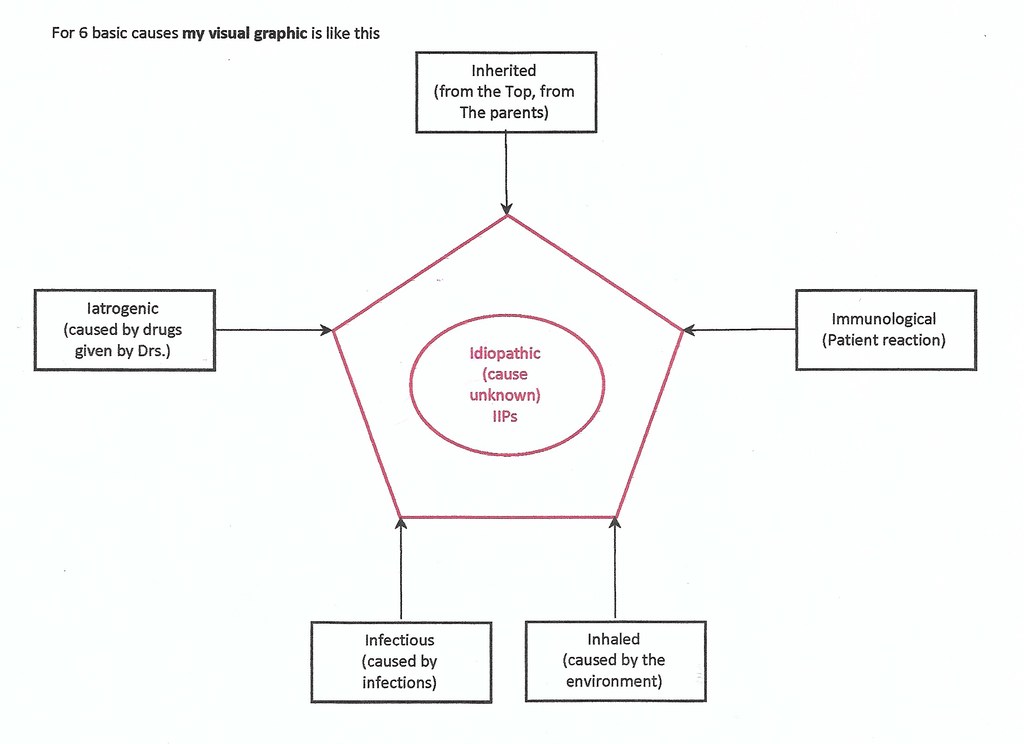FALLS – indications for CT BRAIN A: Age > 65, Amnesia > 30 minutes before impact B: Bringing up = vomiting > 1 (once) C: Coagulopathy (hx) D: Dangerous mechanisms: > 1 m or 5 stairs, PVA, Cyclist, Ejection E: Epileptic fit (post traumatic) F: Fracture: open, depressed, skull base…

Calcium Channel Blockers : Mnemonic
Dihydropyridines Mnemonics:a. D for “-dipine”b. D for Dilation of vessels Nifedipine Nicardipine Isradipine Felodipine Amlodipine Non-dihydropyridines Mnemonics:a. N-D for Non “-dipines”b. N-D for Node supression + Dilation of vessels Verapamil Diltiazem

Some Mnemonics for Physical Examination
CAUSES OF INCREASED PIGMENTATION S: Systemic sclerosis H: Hemochromatosis 1* A: Alkaptonuria K: Kala azar A: Arsenicosis H: Hemochromatosis 2* A: Addison’s N: Nelson’s D: Drugs Amiodarone Busulfan Bleomycin Phenytoin Phenothiazine Psoralen SADDLE NOSE S: Sarcoid, Syphilis congenital, Sponastrine dysplasia, Steward granuloma (extranodal NK/T lymphoma, EBV+), Stickler syndrome (chromos 12 mutation, short nose,…

New Ballard Score: How to use it correctly?
Assessment of gestational age can be made postnatally by either Dubowitz Score or New Ballard Scoring system. In sick infants, examination of Anterior lens canpsule vascularity with a +20D lens can be useful in assessing gestation and it needs to be carried out within 24 hours of birth. Dr Jeanne…

Cardiology Mnemonics
INFECTIVE ENDOCARDITIS INDICATIONS FOR SURGERY A: Aortic valve, Annular Abscess B: Block (heart block), Bacteremia (persistent) C: Complications, CCF D: Destructive penetrating lesion E: Emboli F: Fever despite appropriate antibiotics, Fungus G: Growing vegetations H: Heart failure, Highly resistant organisms PROSTHETIC HEART VALVES COMPLICATIONS: VIP BEAST V: Valve Obstruction I: INR monitoring, Infective Endocarditis P: Paravalvular…

Ophthalmology Mnemonics
PERIORBITAL EDEMA P: Pregnancy E: Edema: angioedema, cellulitis R: Renal: nephrotic I: Infectious mononucleosis: Hoagland’s sign O: Obstruction: SVC R: Rheumatic: Dermatomyositis, Cutaneous SLE B: Bitten by insect triatomine bug: T cruzi, Chagas disease – Romana’ sign I: Inside cavernous sign thrombosis T: Thyroid [Enroth fullness], Trichinosis A: Allergies, Albumin low L:…

Pulmonology Mnemonics
TB SMEAR (+) CULTURE (–): 4 Ds D: DEAD: continued expectoration of dead organisms D: DEGENERATE: non-cultivable non-TB mycobacteria, unable to proliferate on a standard AFB culture D: DELAY: excessive > 5 days between collection & inoculation D: DRUGS: sufficient anti TB levels to suppress growth in vitro TB RISK FACTORS: SHE LOVED RICHES S: Silicosis…

6 Men’s Health Issues You Should Know About
Although a man’s body is a complex machine that can repair itself in amazing ways, like most machines, the human body can have problems and defects during its long life. Whether it is an illness, stress, or other physical complication, knowing how to deal with the problem can often help…
